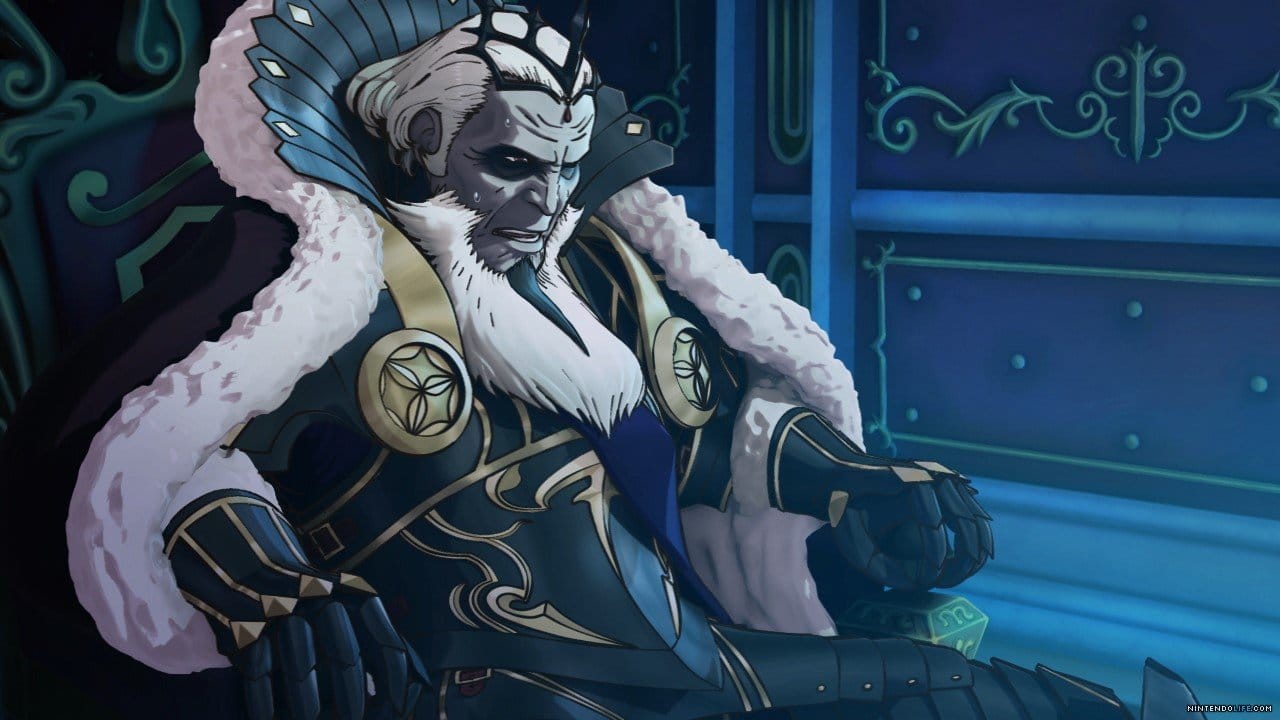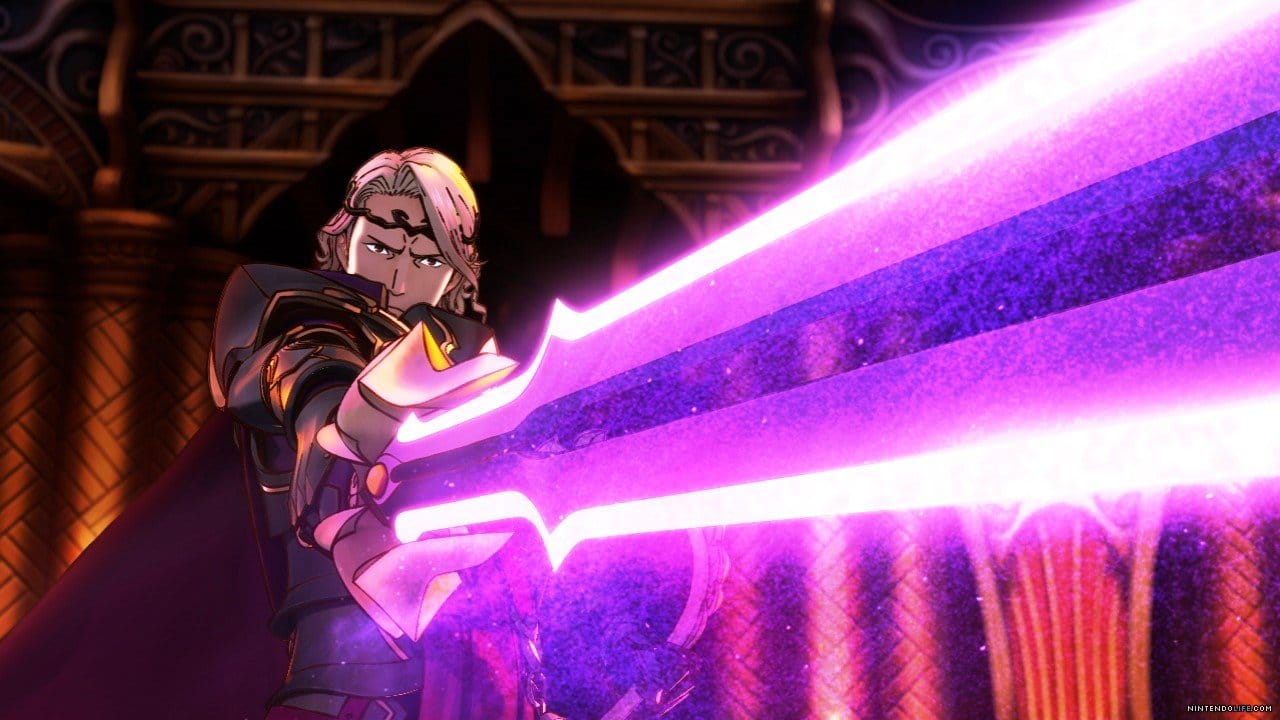Videogames operate on a timescale that we don’t expect from any other medium. Poetry and music often take minutes; novels and films hours. The day is not an uncommon unit of measure for the time we spend with games, and for games like Destiny (2014) or World of Warcraft (2005), weeks can be the operative unit.
To me, “play” seems like a reductive way of describing a relationship of that length. You watch a movie, read a book, play a game; those verbs seem to describe fairly casual relationships. “Rewatch” and “reread” suggest a higher degree of focus or devotion, but we’re still talking about just a few extra hours. One would need to get into terms like “study,” “analyze,” and even something as overreaching as “understand” or “know” to approach the hours many games expect of us in order to have “played” them.
“play” seems like a reductive way of describing the lengthy relationship with videogames
If reread and rewatch are exceptional, replay is the normal condition of games. The repeated and revised encounter lets us learn the systems that comprise the game. No doubt psychoanalysis would have a few things to say about these compulsively repetitive relationships. But I doubt that we would find it satisfying to conclude that, a thousand hours later, we were “just playing.”
Fire Emblem Fates capitalizes on the time you spend with it—days, certainly; weeks, possibly—in both a narrative and ludic sense. It demands masterful play at anything other than the lowest difficulty. But mastery here is not only a thorough knowledge of its systems, but also includes its characters, the people who you’re leading into combat. If you haven’t played a Fire Emblem game before, this is the best simile I’ve got to explain it: Imagine if, in order to play Chess well, you not only had to know how to use each piece most effectively, but also had to know which pawn loved which knight, who the left bishop would die for, what that rook wants to be when he grows up, etc.

Throughout the series, Fire Emblem has brought with it an idea about leadership that is as much about tactics and bravery as it is about community and empathy. We see the former constantly in games; the latter has, for the most part, stubbornly remained the purview of film and the novel. Thinking about leadership within a collective poses a radical alternative to the kind of heroic individualism that war stories love to traffic in. It’s a pernicious tendency less common in Hollywood, where we might rightly expect a jingoistic good guy with a gun, than in videogames—specifically in the kinds of games Spec Ops: The Line (2012) immanently critiques. Fire Emblem presents ideas of war and leadership that cut against hero worship by making you responsible not only for troops’ movements in combat, but, with the castle-building and support mechanisms, responsible for their well-being away from the battlefield, too.
Fire Emblem Fates expands on this series-long theme of war as a collective tragedy rather than a place for individuals to prove themselves as heroes by making you choose not only how you care for your army, but which side of the war you’re on. Fates contains three full games: Birthright, Conquest, and Revelation. As is conventional in this series (and, indeed, across a whole range of related genres), your character has forgotten a key part of their history. Normally this manifests itself as a simple cipher, allowing for role-play that doesn’t have to be sensitive to ideas of memory or character that precedes your intervention. Fire Emblem Fates‘ excellent predecessor, Fire Emblem Awakening (2012), has a protagonist fundamentally like this.
leadership within a collective poses a radical alternative to the heroic individualism of war stories
Here, though, that absent memory forks your path: you must decide whether to side with the people you just met who claim to be your real family (Birthright), the warmongering family who raised you as one of their own (Conquest), or strike out on your own (Revelation). In and of itself, this presents a radical alternative to the kind of end-game decision-making that you see in games like Mass Effect (2007) or Bastion (2011), where the player finally makes a choice with world historical consequences and is rewarded with one of a few end cutscenes depending on what they chose. The question Fire Emblem Fates asks is: What would happen if that choice were practically the first one you made? What if you could choose your family?
Those divergent paths allow for you to get to know characters on both sides of the battlefield, making the morally uncomplicated instruction you’re often given to start battles—”rout the enemy”—much less of a given. Whether you see a certain character as friend or foe depends entirely on that choice you made, one that is irrevocable except by quite literally “playing out” the alternatives to it. Your family in Birthright becomes your sworn enemy in Conquest and something else altogether in Revelation. As motivations reveal themselves, sympathies shift. There are two places early in Fire Emblem Fates that ask you to reflect on this theme: the eternal stairway and the bottomless canyon. Neither is what their name suggests; of course the stairs end and the canyon bottoms out eventually. But they suggest our recursive relationship to our pasts, memories, and the choices that constitute them: winding upward, falling down, always ongoing, approachable—like eternity and bottomlessness—by thought alone.

In a series underwritten by amnesiac orphans, Fire Emblem Fates breaks away to tell a story about memory, family, and the self, meditating on the decisions that define us and how we regret them. As games are always teaching us, we’re defined by our choices. Fates revels in the irony of its name, which only deepens the further you fall down the bottomless canyon. Recursion through each of the game’s three paths from that originary fork forces you to rethink your place in its world and drives the game’s argument home: Fire Emblem Fates rejects fatalism beautifully.
For more about Kill Screen’s ratings system and review policy, click here.





